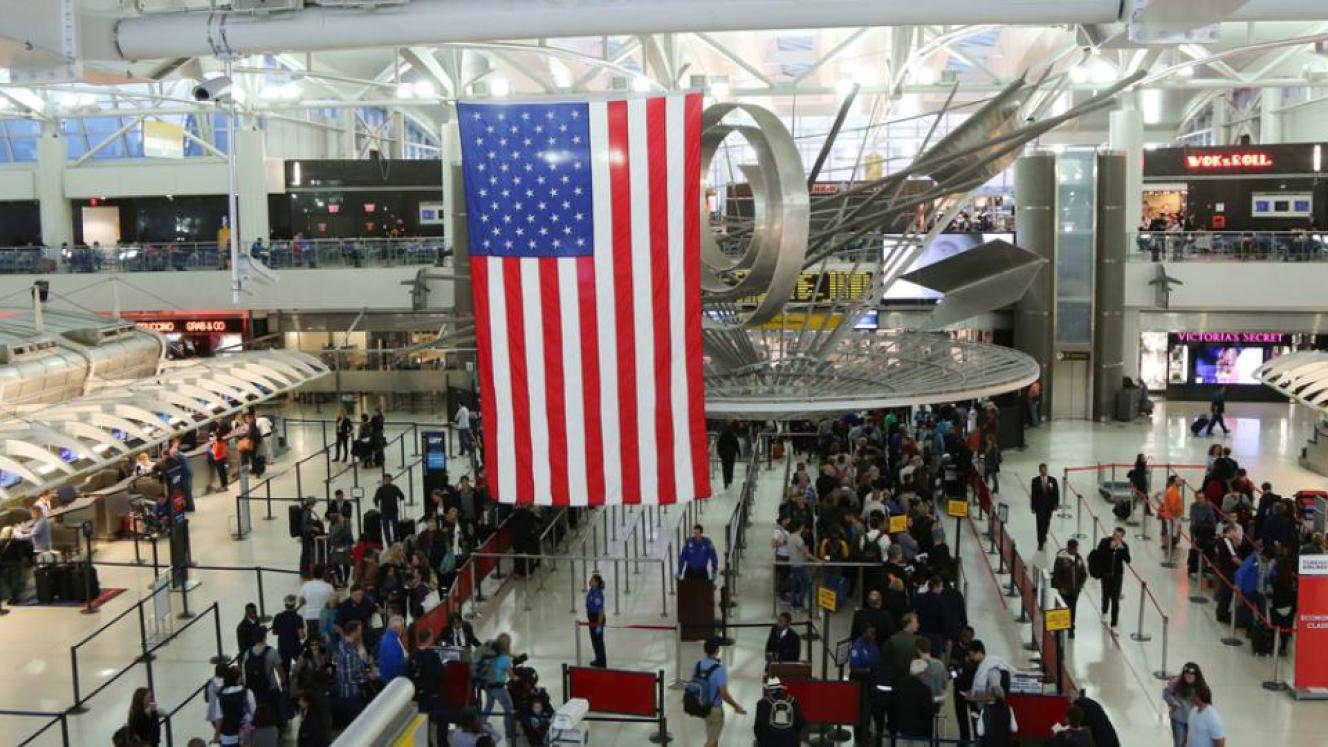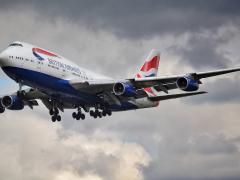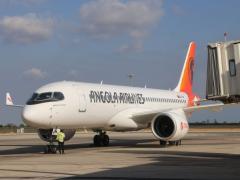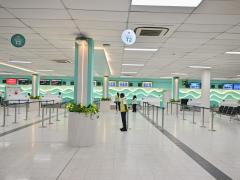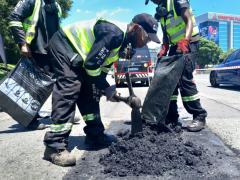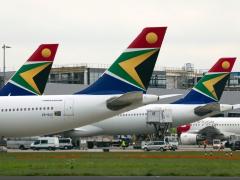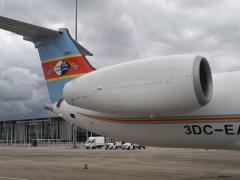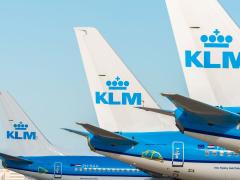The US government shutdown, which could impact several services across the US, including travel, began on October 1 after senators missed the deadline to pass a short-term funding bill.
It is unclear how long it will last, but the 2018-2019 shutdown lasted 35 days and affected flights and airport services.
A lapse in funding means agencies must suspend some employees, while others continue to work but are not paid until after the shutdown ends.
Impact on travel
The federal shutdown has forced US embassies worldwide to scale back operations and suspend social media activity until funding is restored.
The US Department of State issued the following statement: “Consular operations domestically and abroad, including passport and visa services and assistance for American citizens abroad, will continue during a lapse in government funding. Certain support for consular operations will be suspended.”
On its social media platforms, the US embassy in South Africa announced on October 1 that it would not “update their accounts [Facebook, X, Instagram] until full operations resume, with the exception of urgent safety and security information”.
According to AP News, visa and passport services handled by the US Citizenship and Immigration Services will operate as normal as they are primarily funded by application fees.
Flight operations across the US are expected to continue as normal as Transportation Security Administration (TSA) workers and air traffic controllers continue to work without pay.
However, during the 2018-2019 shutdown, travel was disrupted after TSA workers and air traffic controllers called in sick due to financial hardship. This led to increased wait times at airports as well as a staffing-related ground stop at New York's LaGuardia Airport and flight delays at some New York and Florida airports, reported ABC News.
President and CEO of the US Travel Association, Geoff Freeman, warned: “The longer a shutdown drags on, the more likely we are to see longer TSA lines, flight delays and cancellations, national parks in disrepair and unnecessary delays in modernising travel infrastructure.”
